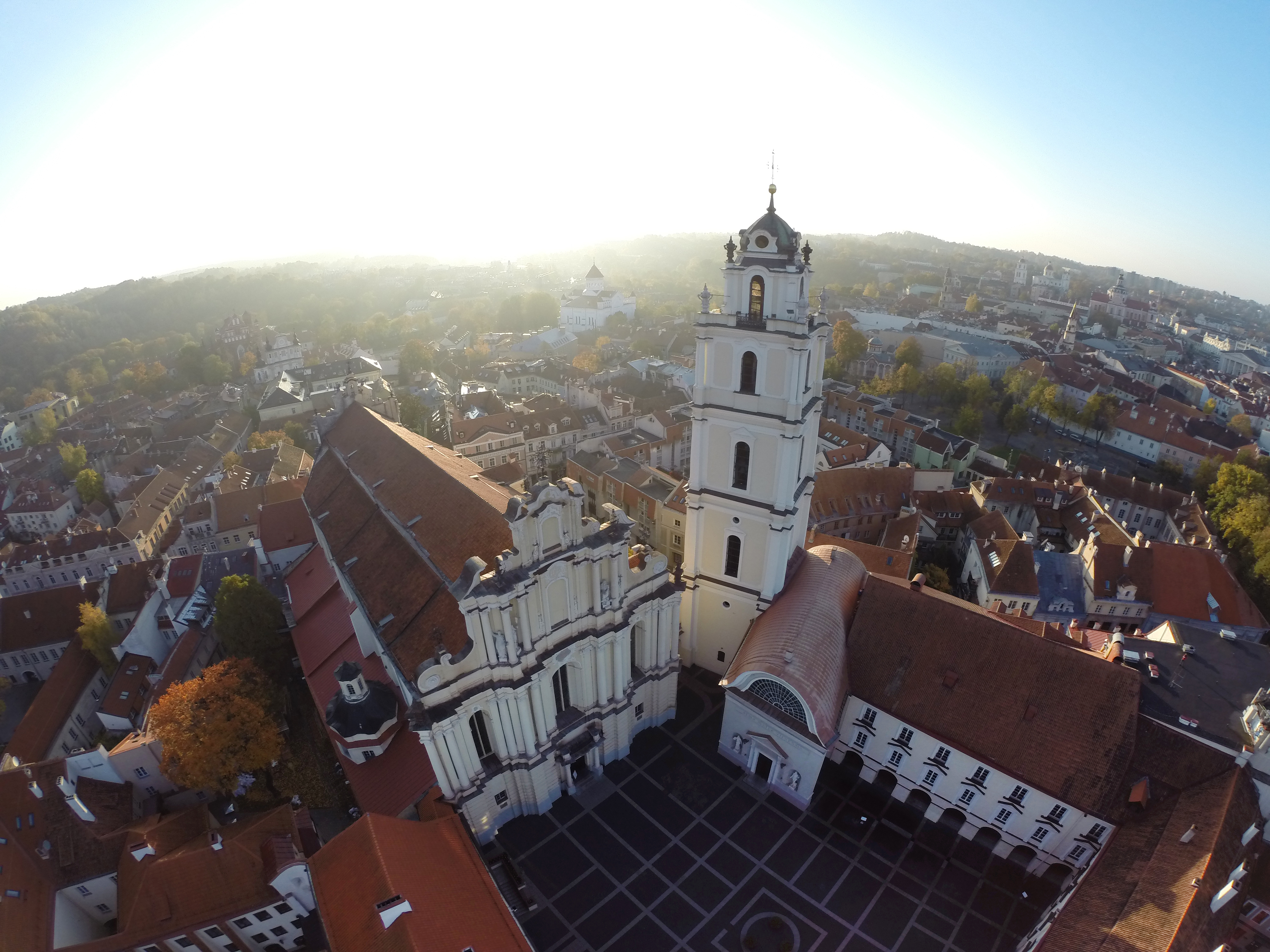The number of business startups in Lithuania has grown over the years, exceeding both of its Baltic neighbors: Estonia and Latvia. Building on this progress, the country has rejoined the Global Entrepreneurship Monitor (GEM).
The leadership has been taken by the Ministry of Economy and Innovation and Vilnius University. The Minister Ausrine Armonaite believes that GEM results will contribute to the acceleration of progress towards business development measures and effective implementation of UN Sustainable Development Goals.
“It is a privilege to be a part of the GEM family and contribute to the cross-national entrepreneurship ecosystem,” she said. “Entrepreneurship comes in many shapes and forms. Our country embraces the overall benefit of entrepreneurial behavior and its value to society.”
The need for harmonized entrepreneurship indicators to inform policymakers and other stakeholders in the entrepreneurial ecosystem appears to be as relevant in Lithuania as never before, especially in the COVID period.
“Lithuania’s policy-making process to foster entrepreneurship is built on evidence and science-based decision-making,” said professor Saule Maciukaite-Zviniene, Head of Entrepreneurship and Innovation Development at the Vilnius University Business School and the leader of the GEM Lithuania Team. “GEM is an evidence-based instrument for Lithuania and also a way to build mutual business partnerships and to become more globally competitive in making strategic decisions at the both institutional and national level.”
In the following Q and A interview, Maciukaite-Zviniene shared some insights about the entrepreneurial landscape in Lithuania and why the country rejoined GEM.
Can you describe the entrepreneurial ecosystem in Lithuania?
Lithuania has an ambitious strategy for attracting startups and developing our entrepreneurial ecosystem by emphasizing its business-friendly regulatory environment, open data policy and governmental support. Lithuania is becoming one of the European leading fintech hubs.
Also noteworthy is that the COVID-19 crisis in general hasn’t affected the Lithuanian entrepreneurial ecosystem in the same way as the rest of Europe. It has actually been quite the opposite, with companies seeing opportunities for expansion, particularly those operating in educational technologies, e-commerce, telemedicine, home delivery of goods or cyber-security and other innovative businesses. For example, during the first three quarters of 2020, the total sales of Lithuanian startups in the domestic and foreign markets grew to 839.9 million euros, which is 28% more than in the corresponding period in 2019.
What are noteworthy strengths illustrating how Lithuania supports entrepreneurs?
Lithuania’s startup ecosystem, which has existed for about 10 years, is highly ranked across many areas: 11th place in the world for ease of doing business and second place for procedures to start a business. Lithuania’s capital Vilnius is ranked in the top 10 in two categories: cost-effectiveness and FDI performance. For many years Lithuania has been removing barriers to entrepreneurs and developing entrepreneurial human capital.
Can you provide an example?
Sure. In 2017, Lithuania introduced the start-up visa programme. To motivate employees working at existing start-ups and to attract new ones, Lithuania ensured the flexibility of stock options under the Law on Personal Income Tax. Under these new rules, the value of shares vested under stock options no earlier than three years after the date of grant will be tax-exempt.
Lithuania continues building an entrepreneurial economy with leading Lithuanian universities, the Lithuanian Ministry of the Economy and Innovation, the Central Bank of Lithuania, the Venture Capital Financing Facility Accelerator Fund, the Lithuanian Business Angel Network and other stakeholders.
How do you envision stakeholders benefitting from GEM’s research insights?
In general, it is essential for us to understand what enhances the entrepreneurial ecosystem and what are possible barriers which might slow growth.
Vilnius University Business School recently launched the DeepTech Entrepreneurship programme with the goal to strengthen our national entrepreneurship ecosystem by helping students to establish research-based start-ups and to help prepare young talent at Vilnius University and other universities in Lithuania to overcome the challenges within the business sector.
The recent pandemic period showed that the problems related to learning, values, culture, relational networks, processes, behaviors and the setting of goals or objectives are no longer the same in business. Companies need more entrepreneurial research insights that could help them to prepare for future developments.
Tell us about the GEM Lithuania Team.
In 2020, an agreement was signed between Vilnius University and the Ministry of Economy and Innovation to enhance the research in entrepreneurship and strengthen the human capital in entrepreneurial research. After the signing of this agreement, Lithuania rejoined GEM for the first time since 2014.
In 2021, the Lithuania GEM Team was formed. It is made up of professionals from Vilnius University Business School and Enterprise Lithuania. It is a team of both senior and junior researchers. The GEM Lithuania Team aims not only to bring the knowledge and experience from GEM, but also to increase the number of researchers in the area of entrepreneurship and to provide up to date data and science-based evidence for the national entrepreneurial ecosystem.
The GEM Lithuania team is supported by Vilnius University and the Ministry of Economy and Innovation.

